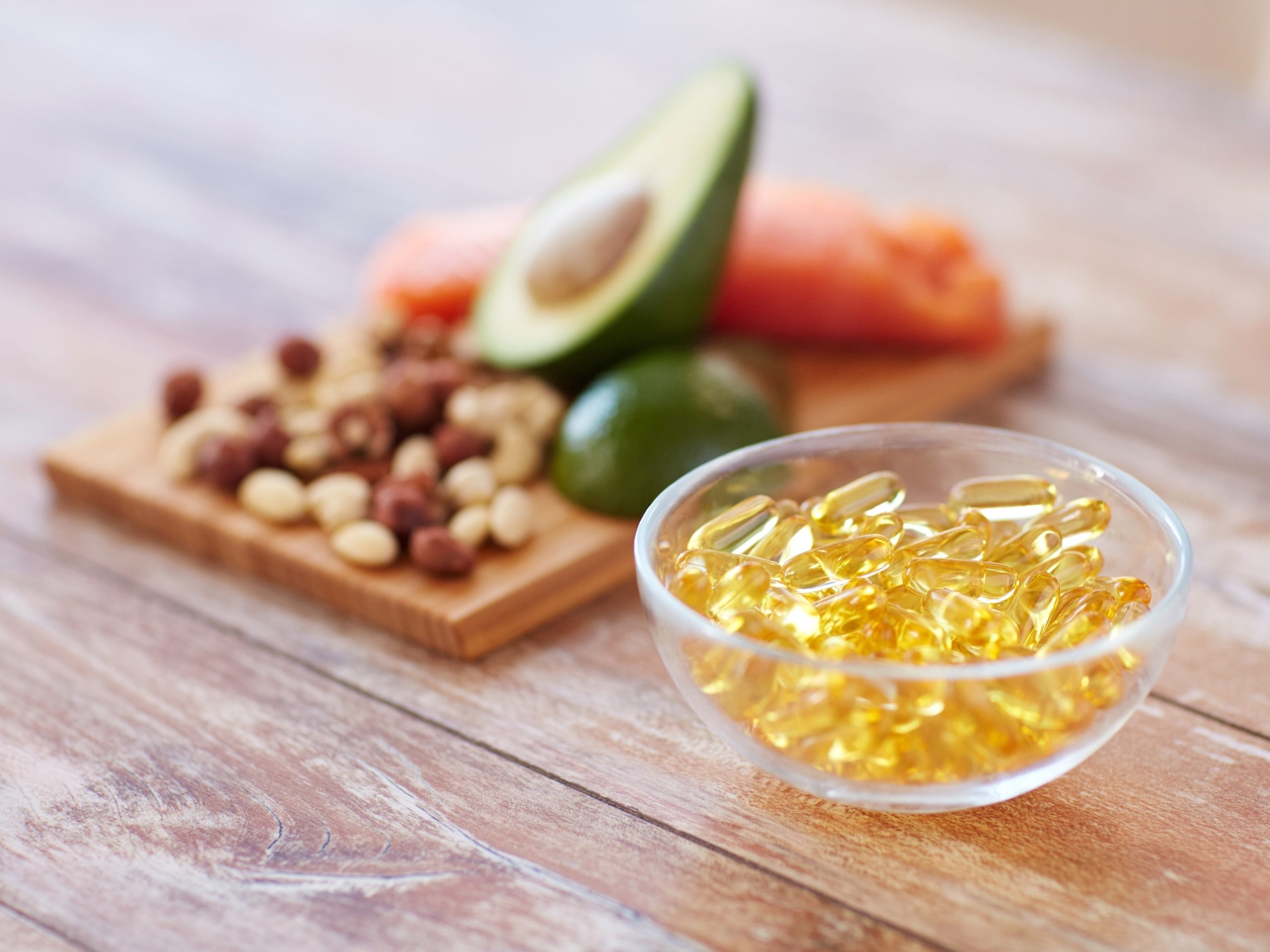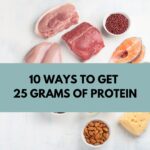
Omega-3 fatty acids are healthy and essential fats that we get through the foods we eat and sometimes through supplements as well. Many people who eat a North American diet do not get enough omega-3’s in their diet, so if you live in Canada like us, you may want to take notes!
Sources of Omega-3’s
If you don’t know exactly what Omega-3’s are or why they are beneficial, you still likely know they are associated with fish. After all, “fish oil” is written on most omega-3 supplements. It is true that high levels of omega-3’s are found in fish; for example, salmon has 4,023 mg per serving, cod liver oil has 2,664 mg per serving and sardines have 2,205 mg per serving. General guidelines recommend eating fatty fish at least twice per week or taking at least 250–500 mg of combined EPA and DHA per day from a supplement.
However, those who eat a vegan or vegetarian diet or simply don’t like to eat fish at all or very often can still reap the benefits of omega-3’s through other easily accessible foods. One thing to bear in mind is that there are three main types of dietary omega-3 fats. EPA is best known for reducing inflammation, and DHA is very important in pregnancy and breastfeeding, due to it’s crucial role in the development of the nervous system. EPA and DHA are found in seafood and fish, while ALA is mostly abundant in high-fat plant foods. Aside from being used for energy, ALA doesn’t have many biological functions. It is still an essential fatty acid, as your body is able to convert it to EPA and DHA – though, with not a ton of efficiency. ALA is not meant to be our sole source of omega-3’s.
That said, here are a few nuts and seeds that are high in ALA: flax seeds offer 2,338 mg per serving, walnuts 2,542 mg per serving, and chia seeds a whopping 4,915 mg per serving! Hemp seeds and soybeans also offer a healthy amount of omega-3’s in the ALA category.
What about supplements?
Recommended EPA and DHA supplements include fish, krill, and oils made from algae. Vegans and vegetarians in particular will find algal oil an excellent choice for getting enough DHA and EPA while staying in line with a plant-based diet. For most people, taking up to 2,000 mg of omega-3 per day from supplements is safe according to the FDA. It is best to speak to a healthcare professional if you are unsure about whether a supplement is right for you. Please ensure you talk to a doctor before taking omega-3 supplements if you are on blood-thinning medications or have a bleeding disorder.
Sources: https://www.healthline.com/nutrition/omega-3-guide#dosage https://www.healthline.com/nutrition/7-plant-sources-of-omega-3s#TOC_TITLE_HDR_2 https://www.health.harvard.edu/staying-healthy/should-you-be-taking-an-omega-3-supplement
Leave a Comment
You must be logged in to post a comment.



0 Comments